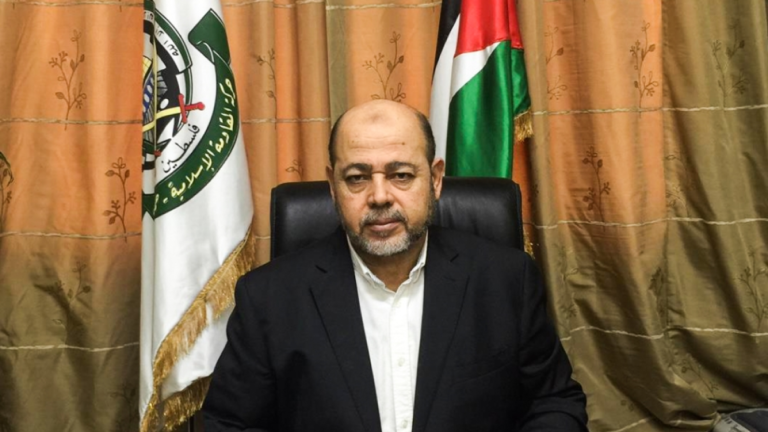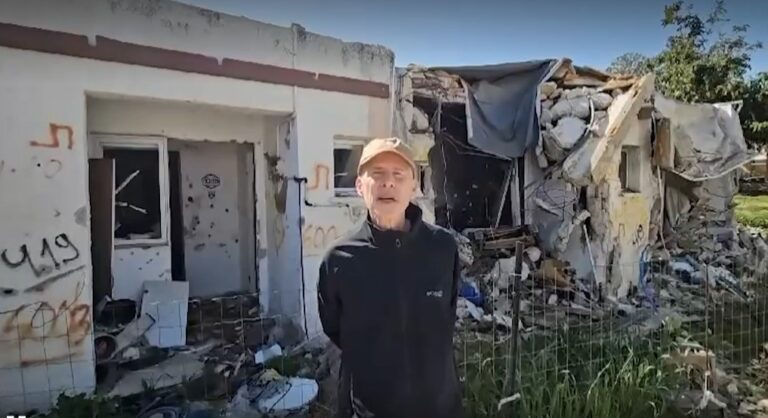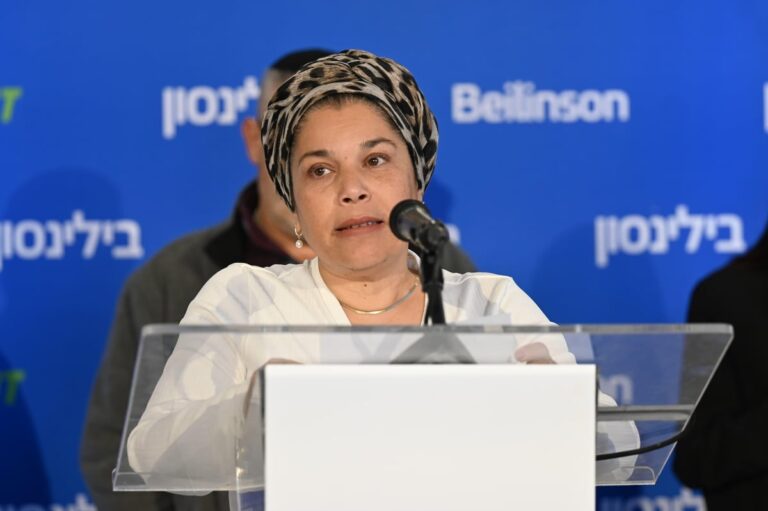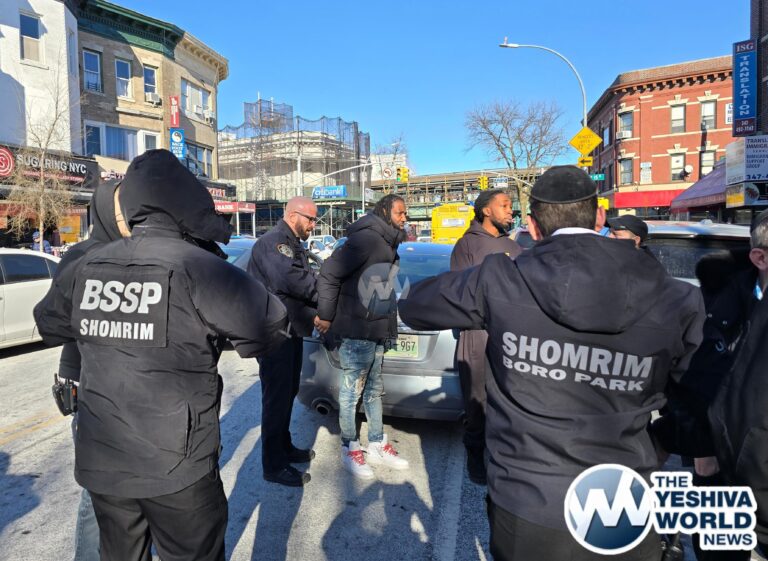Today, U.S. Senator Charles E. Schumer announced $300,000 is coming to the Shalom Task Force, an organization which specializes in helping women and their families that are victims of violence and domestic abuse. The funding is coming from the Department of Justice’s Office on Violence Against Women’s program; Grants to Enhance Culturally and Linguistically Specific Services for Victims of Domestic Violence, Dating. The purpose of this program is to create unique opportunities for targeted community-based organizations to address the critical needs of domestic violence, dating violence, sexual assault and stalking victims in a manner that affirms a victim’s culture and effectively addresses language and communication barriers. The Shalom Task Force aims to help women and families struggling with troubled relationships at home, to sensitize Jewish communities so that a woman can feel less ashamed to ask for help, and to offer professional guidance and pointers to Rabbis who may be approached for advice by someone in a complex and possibly dangerous situation.
“By investing our federal dollars in these kinds of programs, we not only ensure the absolute best resources for victims of domestic violence, but we also give women and families a helping hand when they need it most,” Schumer said. “There is nothing more important than protecting women and families from dangerous situations and giving them the tools needed to succeed. With this funding, the Shalom Task Force will have the ability to truly impact the lives of many women in the Jewish community who are in need of help and guidance.”
The Grants to Enhance Culturally and Linguistically Specific Services Program was created by the Violence Against Women and the Department of Justice Reauthorization Act of 2005 (VAWA 2005). The primary focus of the Culturally and Linguistically Specific Program is to support culturally specific community-based organizations in developing and enhancing innovative strategies to increase services and resources for the identified targeted underserved population. Projects must address at least one of the following statutory purpose areas: 1) work with state and local governments and social service agencies to develop and enhance effective strategies to provide culturally and linguistically specific services to victims; 2) increase communities’ capacity to provide culturally and linguistically specific resources and support for victims and their families; 3) strengthen criminal justice interventions by providing training for law enforcement, prosecution, courts, probation, and correctional facilities on culturally and linguistically specific responses; 4) enhance traditional services to victims through the leadership of culturally and linguistically specific programs; 5) work in cooperation with the community to develop education and prevention strategies highlighting culturally and linguistically specific issues and resources; 6) provide culturally and linguistically specific programs for children exposed; 7) provide culturally and linguistically specific resources and services that address the safety, economic, housing, and workplace needs of victims, including emergency assistance; and 8) examining the dynamics of culture and its impact on victimization and healing.
Additionally, grant recipients may have described projects that addressed any of the following: a) develop innovative programs to provide culturally relevant services to victims from underserved populations, such as underserved communities of color, by addressing unique barriers they face when seeking services that best meet their needs; b) address the cultural needs of the Deaf community, while integrating the use of American Sign Language (ASL) to ensure victims’ cultural and linguistic needs are being met when accessing services; c) provide culturally relevant services to individuals in rural jurisdictions while addressing the lack of resources in these jurisdictions and the social and cultural challenges experienced by victims when geographically isolated; and d) develop innovative approaches to improving culturally relevant services to immigrants including services to address barrier that immigrants frequently experience, such as lack of knowledge of existing resources, language barriers, and issues particular to immigration and deportation.
(YWN Desk – NYC)










